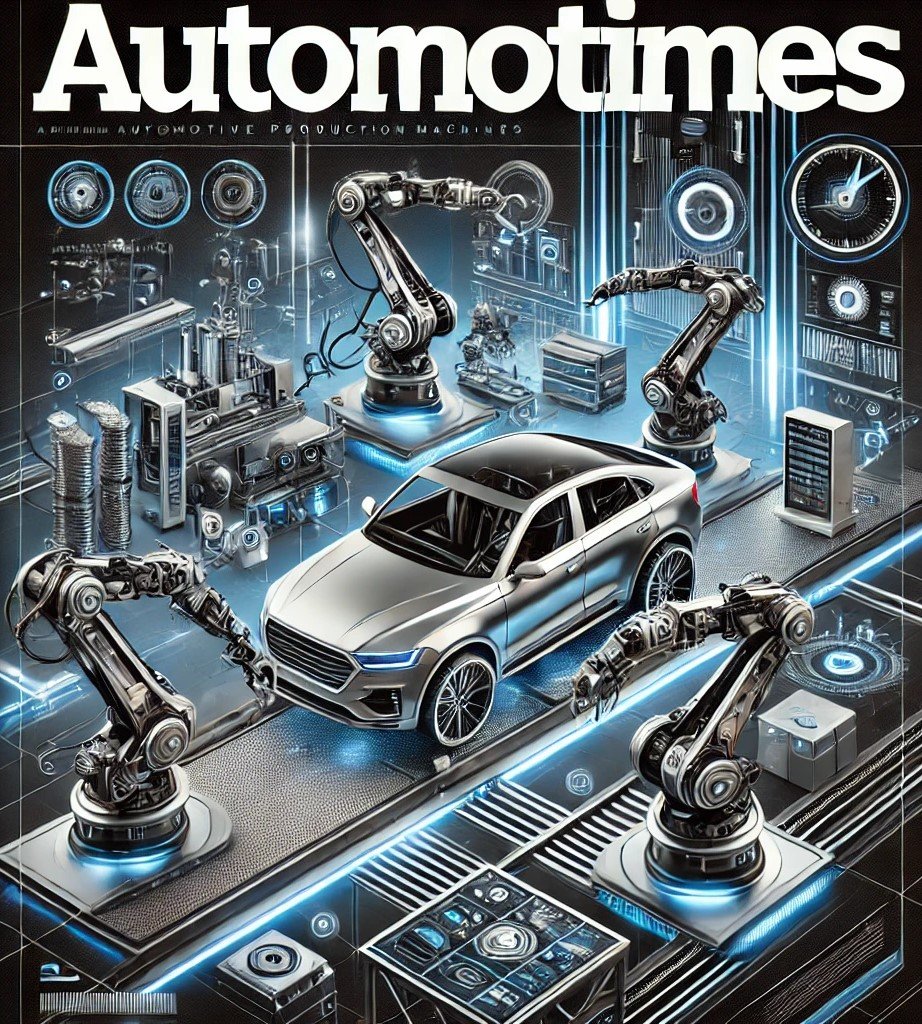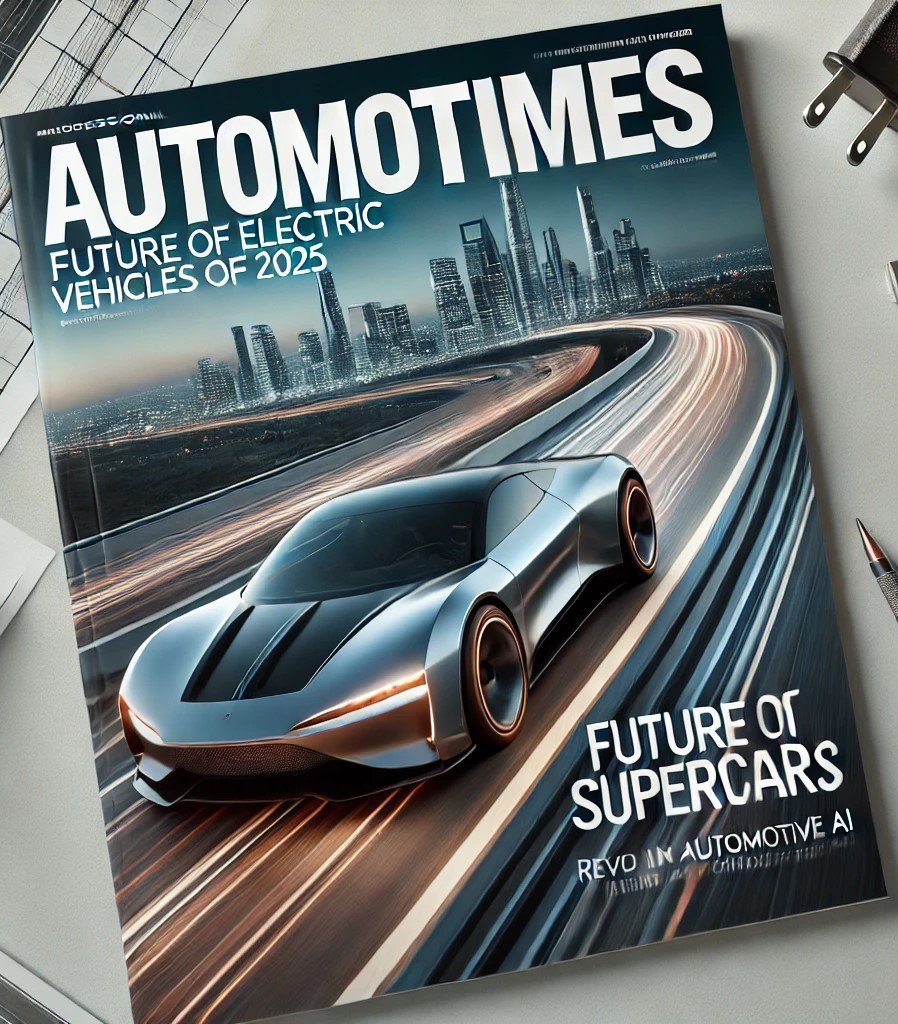Automobiles have had a profound impact on global transportation systems, reshaping economies, societies, and urban landscapes. The transformation can be seen in several key areas:
1. Increased Mobility and Accessibility
Automobiles have revolutionized personal mobility by enabling individuals to travel long distances quickly and efficiently. Cars have provided a level of freedom and accessibility previously unavailable, allowing people to live farther from work and access remote areas that were once difficult to reach.
2. Urbanization and Infrastructure Development
The widespread adoption of automobiles has played a central role in the growth of urbanization. Cities and towns have expanded, with road networks, highways, bridges, and tunnels being developed to accommodate the rising number of vehicles. The automobile has directly influenced the design of cities, leading to suburban sprawl and changing the dynamics of work, residential areas, and commercial centers.
3. Economic Impact and Job Creation
The automotive industry has created millions of jobs worldwide in manufacturing, sales, maintenance, and services. It has also driven economic growth by facilitating the movement of goods and people. Industries such as logistics, tourism, and retail have flourished due to the increased accessibility provided by cars. The automotive sector is a significant contributor to global GDP, fostering international trade and economic integration.
4. Environmental Implications
While automobiles have enhanced mobility, they have also contributed significantly to environmental challenges. The widespread use of internal combustion engine vehicles has led to air pollution, greenhouse gas emissions, and a growing carbon footprint. These environmental concerns have spurred the shift toward electric vehicles (EVs), alternative fuels, and more sustainable transportation options.
5. Cultural Shifts and Social Mobility
Automobiles have significantly influenced social structures by offering people greater control over their schedules, enabling a more dynamic lifestyle. Car ownership has become a symbol of status and personal freedom, while at the same time, it has facilitated the rise of commuting culture. Additionally, cars have made vacation travel more accessible, contributing to the development of the tourism industry.
6. Transformation of Supply Chains and Logistics
The automotive industry has fundamentally transformed global supply chains. Cars and trucks have become essential for moving goods across vast distances, enabling just-in-time delivery models and reducing the time it takes for products to reach consumers. The rise of freight transportation, including long-haul trucking, has been made possible by advances in vehicle technology.
7. Impact on Public Transportation Systems
The rise of private car ownership has had a mixed impact on public transportation. While automobiles have increased mobility, they have also led to a decline in public transport usage in some areas, especially in wealthier nations. However, in cities with limited car access, cars have influenced the development of ride-sharing services like Uber and Lyft, which complement public transit systems.
8. Evolution of Transportation Safety
Automobiles have spurred continuous advancements in safety technologies, including seatbelts, airbags, anti-lock braking systems (ABS), and collision avoidance systems. These innovations have not only improved the safety of car occupants but have also influenced the broader transportation sector, promoting standards for road safety and vehicle regulations.
9. Fuel Economy and Innovation
As concerns over fuel consumption and the environmental impact of traditional gasoline-powered cars have grown, automobiles have become the focus of innovation in fuel efficiency and alternative energy sources. The development of hybrid vehicles, electric vehicles (EVs), and hydrogen-powered vehicles is driving the transformation of the global transportation system toward cleaner, more sustainable options.
10. Increased Global Trade and Connectivity
Automobiles have been key to the globalization of trade by enabling the efficient transportation of goods across countries and continents. As economies became more interconnected, the need for automobiles grew, and companies began producing vehicles for export. The automotive industry has also facilitated the growth of international supply chains, where car parts and components are manufactured and assembled across different countries.
11. Social and Health Impacts
Automobiles have also affected societal health, both positively and negatively. On one hand, they have improved access to healthcare, education, and services. On the other hand, traffic accidents, congestion, and sedentary lifestyles associated with car reliance have led to health challenges such as increased risk of accidents and air pollution-related diseases.
12. Technological Advancements and Future Trends
The automobile industry has driven technological progress, with innovations in navigation, vehicle-to-vehicle communication (V2V), autonomous driving, and electric propulsion. These advancements are reshaping the transportation system, potentially reducing reliance on fossil fuels, improving road safety, and contributing to smarter cities through the integration of smart infrastructure and IoT technology.
In conclusion, automobiles have been at the heart of a global transportation revolution, significantly shaping urban landscapes, economies, and societal dynamics. While they have enhanced mobility and economic growth, they have also introduced challenges, especially in terms of environmental impact, traffic congestion, and the need for sustainable alternatives. The ongoing transformation towards electric vehicles, autonomous systems, and smart mobility solutions promises to further redefine the global transportation system in the coming decades.
Hashtags
#AutomobilesAndTransportation #GlobalTransportRevolution #CarsChangeTheWorld #TransportationTransformed #AutomotiveImpact #MobilityRedefined #AutoDrivenTransport #CarsAndUrbanization #UrbanTransportEvolution #CityMobilityInnovation #SmartUrbanTransport #UrbanMobilitySolutions #ConnectedMobility #AutomotiveConnectivity #GlobalAccessWithCars #TransportWithoutBorders #MobilityForAll #AutoIndustryImpact #TransportationEconomy #GlobalMobilityEconomy #CarsAndTrade #AutoDrivenGrowth #AutomotiveCulture #CarLifestyle #TransportationFreedom #SocialImpactOfCars #CarsTransformSociety #AutomotiveTechRevolution #TechDrivenMobility #TransportationInnovation #AutomotiveAdvances #SmartTransportSystems
















